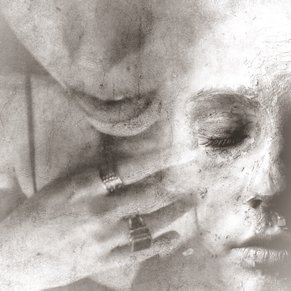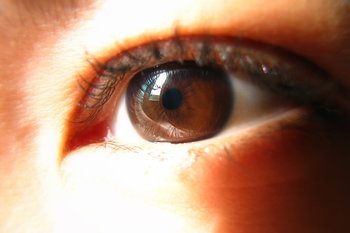
Thought Terminating Cliche
Be yourself is a thought terminating cliche that allows you to substitute a charming rule of thumb for rational thought. Used in this way, it essentially suggests that you do whatever you want to do without regard to consequences.Individualism
As a philosophy, be yourself symbolizes individualism whereby you need not conform to the expectations of others. It asks each individual to pursue their personal vision of self-fulfillment at all costs.Tolerance
Allowing others to be themselves requires tolerance whereby you aren't placing any expectations on them such as values. In practice, "be yourself" may be understood in the context of a society and culture whereby you still need to conform to rules and norms but you can be yourself as far as these constraints allow.Freedom
Be yourself appears to value freedom over duty to community.Originality
As a philosophy, be yourself calls for original self-expression. For example, creating your own working style as opposed to mastering a style that has worked for many others.Authenticity
Be yourself calls for candor and honesty with yourself. It is unclear how far this should be taken as candor can be hurtful where you have negative opinions about others.Living the Moment
As "be" is in the present tense, it could be argued that be yourself recommends living in the moment as opposed to the past or future. For example, a parent who appreciates their child in each moment as opposed to obsessing about what they will become in their future.Self-fulfillment
Throughout most of history, societies and cultures offered ideals to live up to. Be yourself is a brave new type of life goal that suggests that their is no ideal other than you as you are now. This is particularly associated with American culture and emerged with strength beginning in the 1960s.Comfort Zone
Be yourself appears to suggest that you need not change and that your current opinions, faults and talents are just fine. This has various implications as this appears to encourage mediocrity, complacency and resistance to change.Denial
Be yourself may suggest that problems aren't problems in a way that resembles denial. For example, if you often say things that cause negative reactions from others, be yourself suggests that this isn't your problem.Motivated Reasoning
Motivated reasoning is the process of finding excuses to do what you want to do. This can be compared to regular reasoning that attempts to evaluate options objectively. Be yourself is perfectly formulated to support motivated reasoning with the logic that whatever you want is what you should do.Relativism
Relativism is the ideology or philosophy that their are no universal truths, only subjective truths. This defines reality completely in terms of individual experience and certainly aligns to be yourself. Under relativism individuals enforce their version of reality with society as opposed to finding some type of common ground between people. This appears to be problematic as it is unclear how this could possibly produce civility, cooperation and the pursuit of common goals and culture.Unconditional Acceptance
As advice to others, be yourself is an offer of unconditional acceptance or love. It challenges another person to find some beautiful vision of themselves and to live it.Pragmatism
A pragmatist might view be yourself as a tool in a toolkit. It may be a wonderful idea to offer others, and yourself, unconditional love. It may also be reasonable to be flexible, open to change, cooperative and to conform to society and culture where it makes sense to do so.| Overview: Be Yourself | ||
Type | ||
Definition | An English cliche and truism that calls for individualism, freedom, unconditional acceptance and living in the moment. | |
Associated With | ||
Related Concepts | ||































